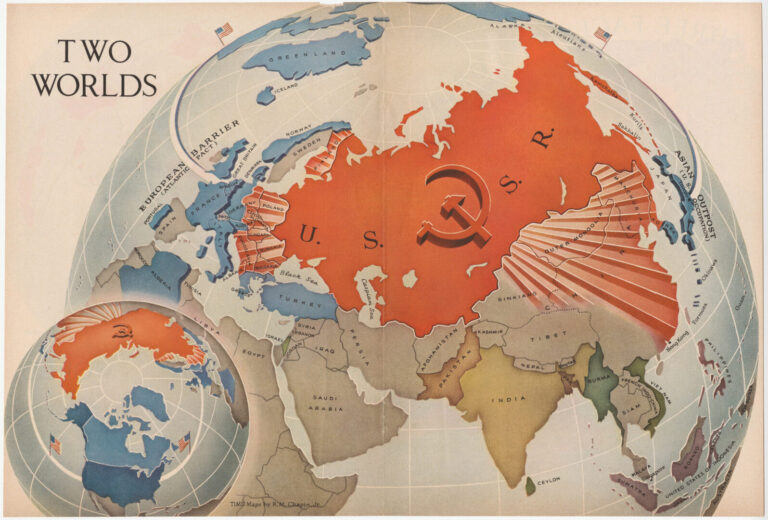In Eastern Europe, which is the focus of our study, different national scholarly traditions assigned their own place to the study of culture. Although the influence of the kulturologia (“culturology”) schools installed at Russian universities in the 1980s radiated out into Eastern European countries, local academic communities dictated the approach to the study of popular culture. While the Polish field of kulturoznawstwo was propelled by internal forces from the early 1970s onwards, in Czechoslovakia, kulturologie emerged as a new discipline around the fall of the Communist regime. Even so, it failed to take off and by 2012 had vanished completely from the Czech Republic. Central European countries were also affected by the German academic tradition of Kulturwissenschaften with its emphasis on philosophy and aesthetics. Our inquiry highlights the first international conference on cultural studies in the Czech Republic in 2013. It was during this event that a group of new postdocs from Charles University, including ourselves, raised the topic of changes in Eastern European popular culture due to the political transformation in 1989. This group had also arranged for Ann Gray, the final director of the UK Centre for Contemporary Cultural Studies (CCCS) to give a keynote address at the conference, a gesture that clearly linked the CCCS with the group’s own Centre for the Study of Popular Culture (CSPK) established three years earlier. From the outset, CSPK’s organizers aimed to promote the Anglo-American tradition of cultural studies both in the academy and among the general public. At the same time, they sought to retain their independence from academic structures and funding systems that might restrict their political activism.
Articles by Karel Šima
Karel Šima, PhD, studied history and anthropology at Charles University. He has done research in cultural history and cultural studies, higher education, and science studies. His research interests comprise a wide range of themes from public festivities and rituals, subcultures, and DIY activism to research evaluation and higher education policy. Currently, he is affiliated with the Institute of Economic and Social History, Faculty of Arts, Charles University.
